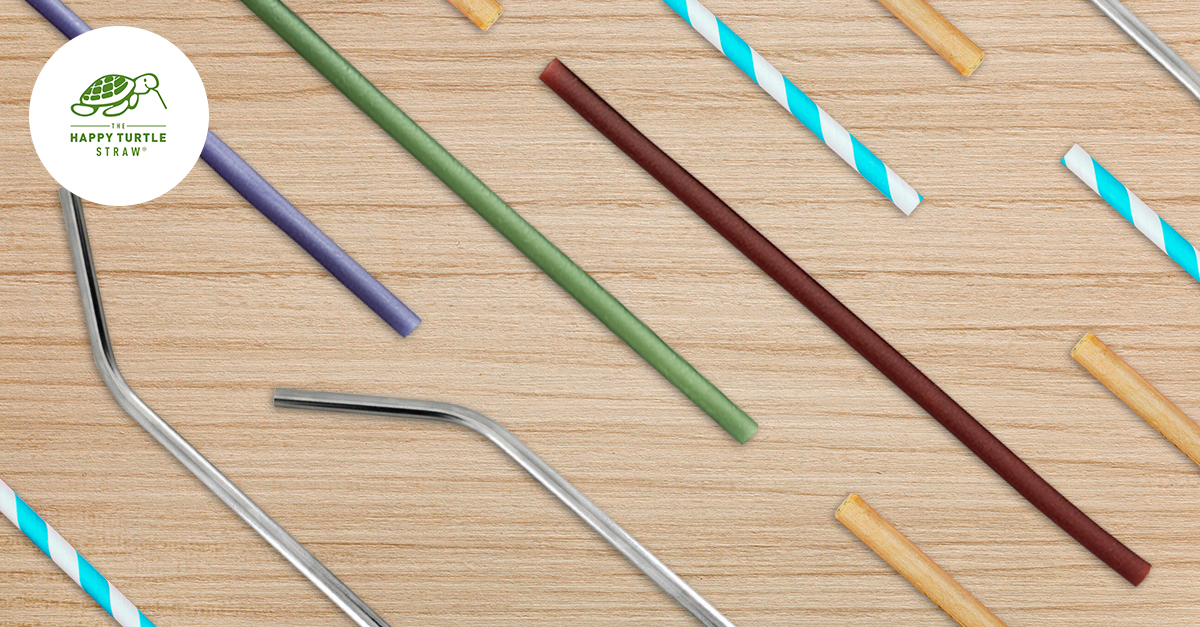
One single-use plastic straw takes over 200 years to decompose.
The Happy Turtle Straw takes only 90 days to biodegrade back to the earth. The best part is the straws are safe enough to eat by both the consumer & marine life.
The ocean is our planet’s largest ecosystem, and turtles play a significant role. Turtles are known as a Keystone species meaning they influence the other animals around them. Caring for marine life is something we can all do, and we can start by protecting their natural environment. By supporting The Happy Turtle Straw brand you are simultaneously reducing plastic waste, caring for the turtles and contributing to environmental protection projects.
It’s time to change the single-use plastic landscape and make the change to biodegradable alternatives.
A single-use product that lasts a lifetime is not sustainable, cost-effective or purposeful. That is why we have to start shifting towards eco-friendly alternatives; many business owners already have, and they see the benefits.
Alternatives To Single-Use Plastic Straws
- Paper Straws
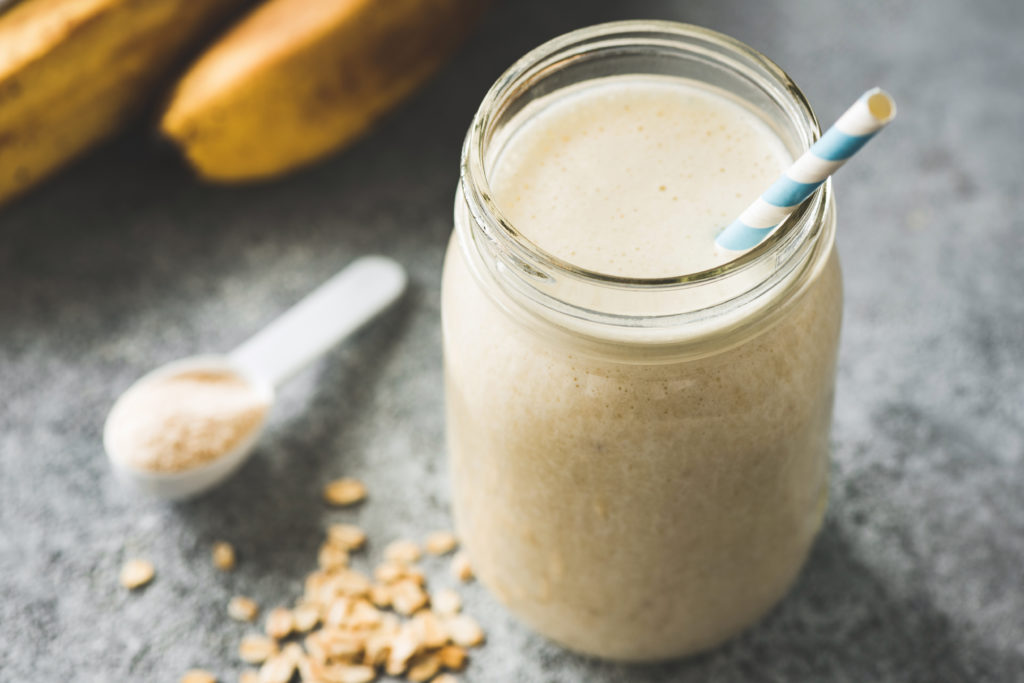
Paper straws are a step in the right direction when reducing single-use plastic, but we believe they have their own set of environmental disadvantages. It is important to remember that for paper products to decompose, they must be disposed of in the right way, preferably directly into compost, but this often is not the case. Paper products are still finding their way into landfills as many recycling centres will not accept food contaminated paper products
For the customer, paper straws have two main disadvantages; taste and structure. The texture of the wet, and soggy paper straw, is not appealing for customers. A paper straw will start to lose its structure within around 10 minutes of being placed in a beverage and will often have customers reaching for a replacement.
Whilst paper straws are less harmful to marine life they still take approximately six months to break down in saltwater. Paper products are usually highlighted as being more eco-friendly yet the industry is still incredibly resource-heavy and more greenhouse gases are emitted to produce paper than plastic products.
- Bamboo Straws
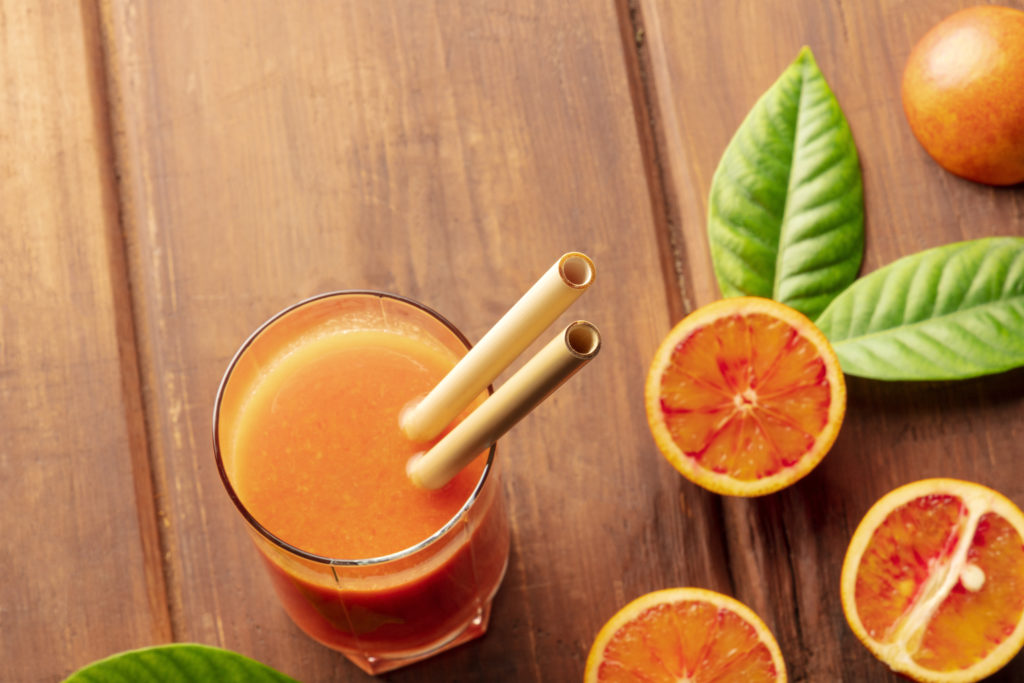
From a sustainability perspective, bamboo straws are much better for the environment than plastic straws. However, when it comes to running a business, reusable bamboo straws require extra work to keep them clean, hygienic and dispose of them correctly.
Bamboo grows at a rapid rate but did you know it is a monocrop? Bamboo can not grow with other plants, meaning all other plants are essentially removed and cleared to grow bamboo. We see large amounts of land clearing to keep up with the demand for bamboo products, and monocropping is one of the reasons for diversity loss and the displacement of wildlife.
- Stainless Steel Straws
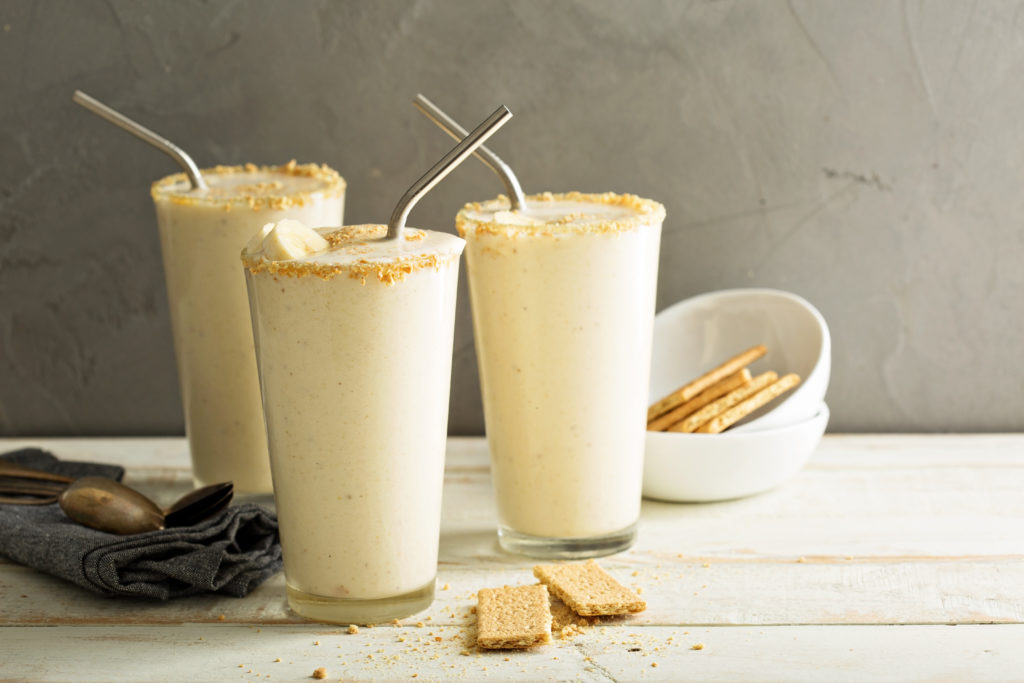
Stainless steel straws started to gain popularity around 2018 as an eco-friendly replacement for plastic. Yet, they may not be as sustainable as you think. Metal straws come at a price, require maintenance and cleaning, and are unsuitable for hot beverages.
Using a silicone cover to protect your teeth from accidental damage is often recommended when using stainless steel straws. Still, these are not affordable or practical in a business setting.
Non-FDA approved metal straws can potentially contain toxic metals mixed with stainless steel. The Happy Turtle Straw is safe and effective made with 100% natural plant-based ingredients.
- Biodegradable Plastic Straw (PLA/Non-fossil fuel plastic)
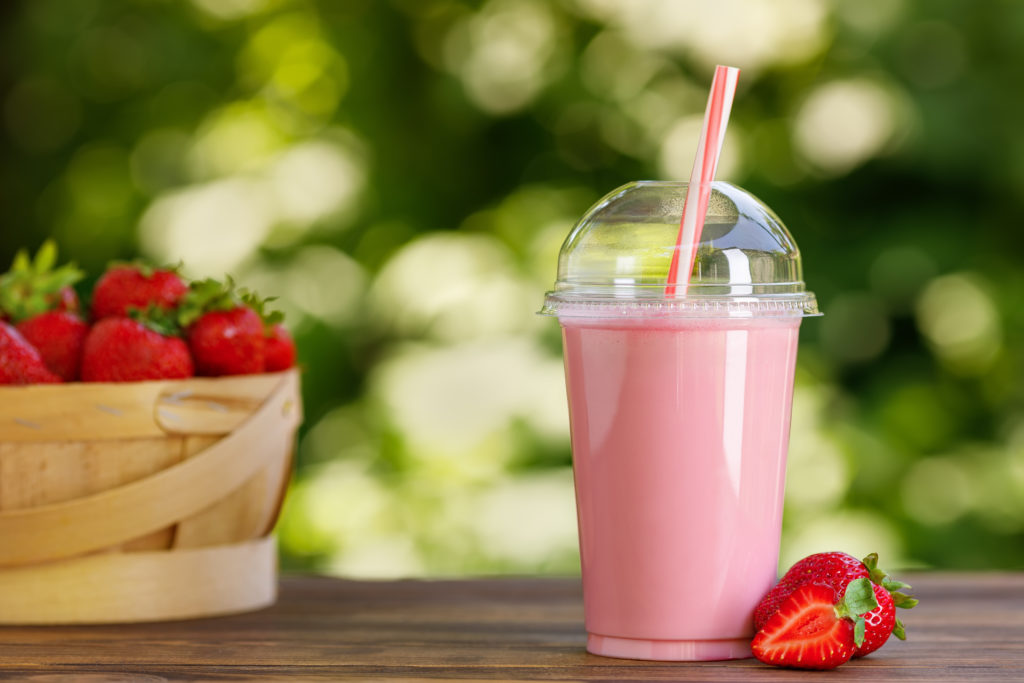
Biodegradable products are often the topic of debate regarding sustainable or eco swaps for plastic products. There are a few reasons why these Bio cups, straws and bags might not be as green as you think. The most crucial question we need to consider when it comes to biodegradable products is just how big of a difference can they really make? Are they too good to be true?
PLA stands for Polylactic Acid and can replace fossil-based products in many situations including non-biodegradable polymers such as PET and polystyrene. It is also commonly used to make biodegradable plastic products like straws and cups.
PLA is compostable, however, it requires specific conditions for proper composting. This means the product must be discarded and sent to an industrial composting facility where it can be heated in order for the product to sufficiently biodegrade. Unfortunately, many locations do not have access to such facilities and the majority of bioproducts or “eco-friendly” plastic alternatives end up in the landfill.
Biodegradable products are better than single-use plastic but they are often expensive and still end up in landfills. We believe the long-term solution is to use products that don’t last a lifetime.
The Happy Turtle Straw
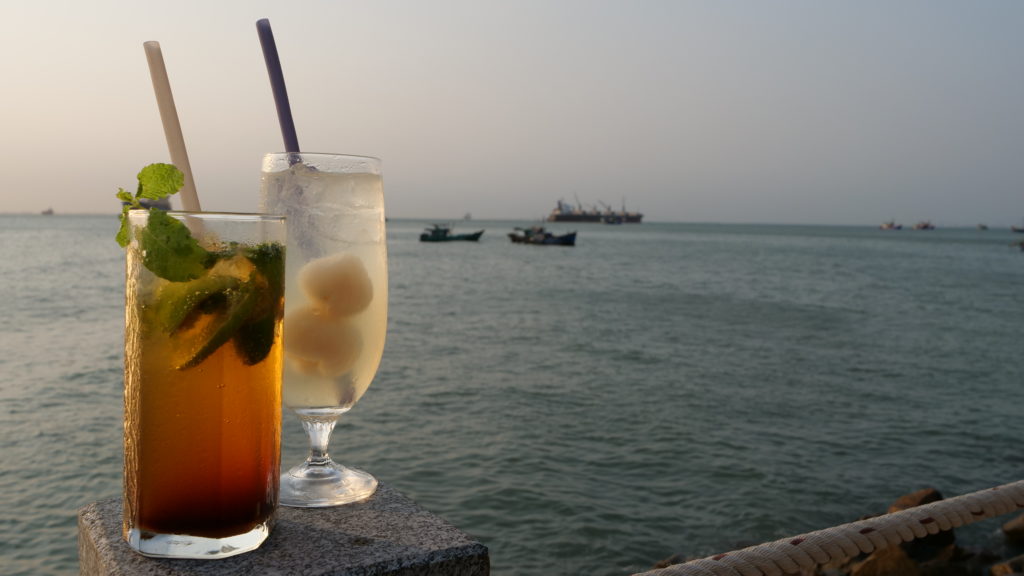
The Happy Turtle Straw is made with rice, potato and tapioca flour. So, unlike other options on the market, our straws are safe for marine life to eat.
In contrast to our competitors, The Happy Turtle Straw is impressively 100% plant-based, natural, vegan, gluten-free, chemical-free and compostable. In addition, our straws biodegrade in just 90 days and can be safely eaten after use by both customers and marine life.
The Happy Turtle Straw is a fantastic eco-friendly swap to ensure your business model uses a 100% sustainable product. There is no cleaning, no need to worry about hygiene; discard the straw, knowing it will naturally break down in the soil, water or compost bin.
The Environmental Impact Of Single-Use Plastic Straws
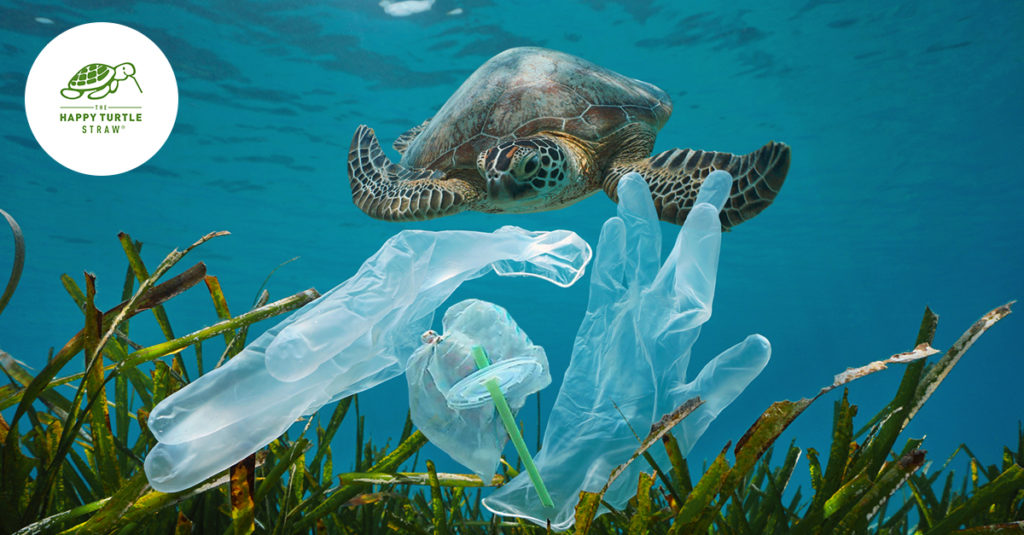
Every year, 100,000 sea turtles are harmed due to plastic pollution. Recent estimates show us that there are nearly 6.5 million sea turtles left in the wild.
Researchers at Commonwealth Scientific and Industrial Research Organization (CSIRO) in Australia found that a turtle had a 22 per cent chance of dying from ingesting one plastic item. It is important we address the issue of single-use plastic straws today and we are pleased to say we already have the solution for you.
Critical problems with single-use plastic straws:
- Most plastics contain polypropylene and BPA, commonly known as Bisphenol A, that can contaminate the liquids we drink and cause health problems.
- Plastic takes hundreds of years to break down due to its material composition, and it never entirely disappears (microplastics), meaning smaller pieces are still in the ocean which is hazardous to marine life.
- Lightweight straws are easily carried away with the wind, washed out of landfills, and pushed into waterways, polluting the environment.
- Plastic straws and other plastic products such as cutlery and bottle caps are too small to be sorted in the recycling machinery; so most recycling plants will send these plastic items to the landfill.
- They are one of the top 10 plastic waste products typically found at any beach clean up.
How Going Plastic Free Is Good For Business
Consumer demands are changing as more awareness of climate issues and sustainability come to light. As a result, changing the business landscape with plastic alternatives has never been more beneficial.
Leading the way forward by providing greener options for your customers means you are reducing your environmental impact.
We promise our straws do not compromise the customer experience; in fact, we believe they can make it even better.
Final Thoughts
So far, The Happy Turtle Straw has successfully removed more than 1,450,000 plastic straws from the environment. Furthermore, each purchase of The Happy Turtle Straw helps to contribute towards the environmental protection of endangered turtles.
Become a part of the solution by embracing 100% sustainable products that care for our planet and your customers.
Contact us to received free samples
References:
https://www.greenmatters.com/p/where-are-plastic-straws-banned
https://neeness.com/how-do-plastic-straws-affect-sea-turtles/
https://get-green-now.com/environmental-impact-paper-vs-plastic-straws/
https://www.clozette.co/article/eco-friendly-paper-metal-glass-bamboo-straws-5679
https://www.leaf.tv/articles/what-are-the-dangers-of-plastic-straws-hot-drinks/
https://www.atlasobscura.com/articles/straws-history
https://www.seagoinggreen.org/blog/pla-biodegradable-plastics-too-good-to-be-true
A little history on the humble straw. Did you know that the first concept for a drinking straw was made of natural ryegrass? However, the ryegrass wasn’t strong enough, so it was swapped for a paper straw. Then came a turning point in production; plastic.
It wasn’t long before single-use plastic straws were mass-produced, leaving more than 8 billion straws on the beach today. So, it can be said that it is time to return to nature, given that we now know the devastating effect plastic has on the environment.




